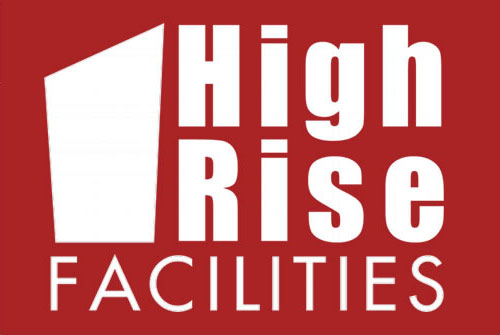Condo owners of the 42-story high-rise at 2626 North Lakeview Avenue in Chicago recently instituted the city’s first full smoking ban in a high-rise condominium building, effective since January 31. The motive for the ban comes from the unsprinklered high-rise’s recent fire history: a double-fatal fire in January 2007, a fire in October 2012, and a fire causing injury to a resident in March 2013. Smoking materials caused at least two of the fires.
Fire safety proponent Tom Lia, who is executive director of the nonprofit Northern Illinois Fire Sprinkler Advisory Board, sees the smoking ban as a “band-aid” and a blatant distraction from the larger issue and a major deficiency in the building’s infrastructure, which is the lack of fire sprinkler protection.
“I’m not against a smoking ban for health reasons, but cigarettes are not the only source of fires. By avoiding the installation of fire sprinklers, the condo owners, management and misinformed residents are essentially shrugging off other leading causes of potentially deadly fires, such as candles, heating equipment and cooking. Are they going to ban those as well?” Lia questions. “People’s activities inside their residences are virtually uncontrollable and not easily regulated, but fire sprinklers account for human error when fires do occur.”
The high-rise was built in 1968 prior to Chicago’s fire sprinkler requirements for residential high-rises in 1975. All pre-1975 residential high-rise buildings built without fire sprinklers are required to comply with the City of Chicago’s Life Safety Evaluation (LSE) program by January 1, 2015, which may or may not include a requirement for the installation of fire sprinklers in each individual high-rise. According to city records, the high-rise at 2626 North Lakeview Avenue passed the city’s LSE inspection on September 12, 2013, even though its owners chose to forgo installation of fire sprinklers.
Lia claims the recurrence of fires in the residential high-rise building and the ability for high-rises to pass inspection without fire sprinkler protection demonstrate the shortcomings of Chicago’s life-safety ordinance in comparison with national model codes that require fire sprinklers.
“This smoking ban does not properly address the fire issue and sets a poor precedent for other high-rises,” adds Lia. “Unfortunately, fires will continue to occur in this high-rise and other unprotected high-rises throughout Chicago, proving that residents are not as fire-safe without fire sprinkler protection.”
According to the Office of the Illinois State Fire Marshal, there have been 34 high-rise fires in the last year, resulting in four fire deaths.

